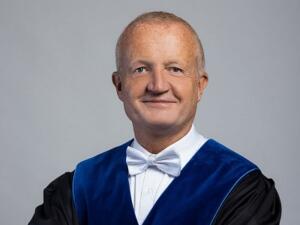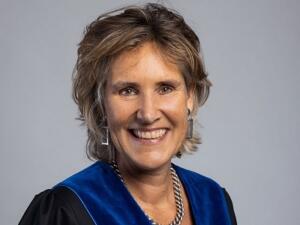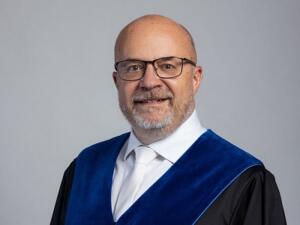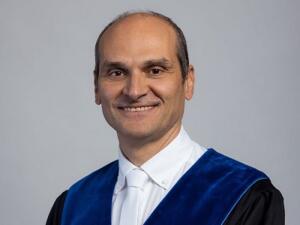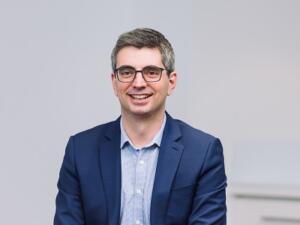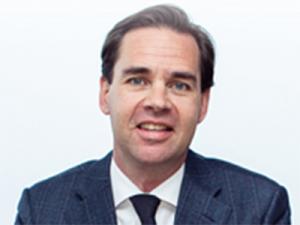Orbisk and Hoyng ROKH successfully fend off Winnow’s UPC suit
The Dutch company Orbisk has won a round in its dispute over food waste management solutions for commercial kitchens. For now, it can continue selling its product Orbi in Europe. The UPC local division The Hague dismissed a complaint by Winnow Solutions after finding the patent essentially invalid. The decision is only the second in a main proceeding from The Hague.
14 August 2025 by Mathieu Klos
Yesterday, the judges of the local division The Hague under presiding judge Edger Brinkman revoked Winnow’s EP 3 198 245 as granted in the UPC member states. EP 245 protects a system and method for monitoring food waste.
This also removes the basis for the infringement action that Winnow had filed against its competitor Orbisk with the same local division (case ID: UPC_CFI_327/2024).
Alongside judge Brinkman, the panel included Margot Kokke and Petri Rinkinen as legally qualified judges. Alessandro Sanchini served as technically qualified judge.
- Edger Brinkman
- Margot Kokke
- Petri Rinkinen
- Alessandro Sanchini
Winnow, established in 2013, develops and markets food waste management solutions used in commercial kitchens to reduce food waste.
AI-based systems
Founded six years later in 2019, Orbisk is based in Utrecht and also markets waste management solutions under the Orbi brand.
Both systems use AI technology and work autonomously.
However, Winnow believed its EP 245 was infringed in essential parts and sued Orbisk at the local division The Hague. The company demanded Orbisk cease and desist from selling the Orbi product in Germany, France, the Netherlands, and potentially Italy.
Invalid but only partially
The UPC judges found the patent invalid in its original version. However, Winnow had filed a conditional request. In this amended form, the patent remains valid. But Winnow had not claimed infringement of this particular conditional request.
The judges did not discuss whether the Orbisk product would have infringed the patent in its original version had it been valid.
This could become significant if Winnow appeals against the judgment, which observers consider likely. The British company would presumably first demand that the revocation judgment be overturned and EP 245 be reinstated in its original version.
The Court of Appeal would then need to reopen the infringement case.
Bristows vs Hoyng ROK Monegier
As both companies are relatively young, they have not previously featured in IP disputes. Winnow filed EP 245 with London law firm Rational IP. But it was Bristows partners Myles Jelf and Gregory Bacon who drafted the claim and conducted the first instance proceedings in summer 2024.
- Greg Bacon
- Myles Jelf
It was the UK law firm’s first UPC dispute. Bristows is now involved in further UPC proceedings. Associates Eden Winlow and Florence Pilsner also worked on the case.
The dispute marks the first patent litigation for Dutch startup Orbisk. While Winnow has already secured its first patents at the EPO, the Dutch company has yet to obtain any. However, patent attorneys at Hoyng ROKH Monegier in Amsterdam had been advising the company before the dispute arose.
- Roeland Grijpink
- Theo Blomme
Partner Roeland Grijpink led the defence against Winnow, alongside Theo Blomme. Associates Niels Zelders and Anouschka Heemskerk also contributed. Lawyers from the German and Belgian practices provided additional support.
According to JUVE Patent research, the judgment is only the second UPC decision in a main proceeding from The Hague. In November 2024, the Dutch local division imposed a sales ban against Bioo lighting products owned by Arkyne Technologies.
